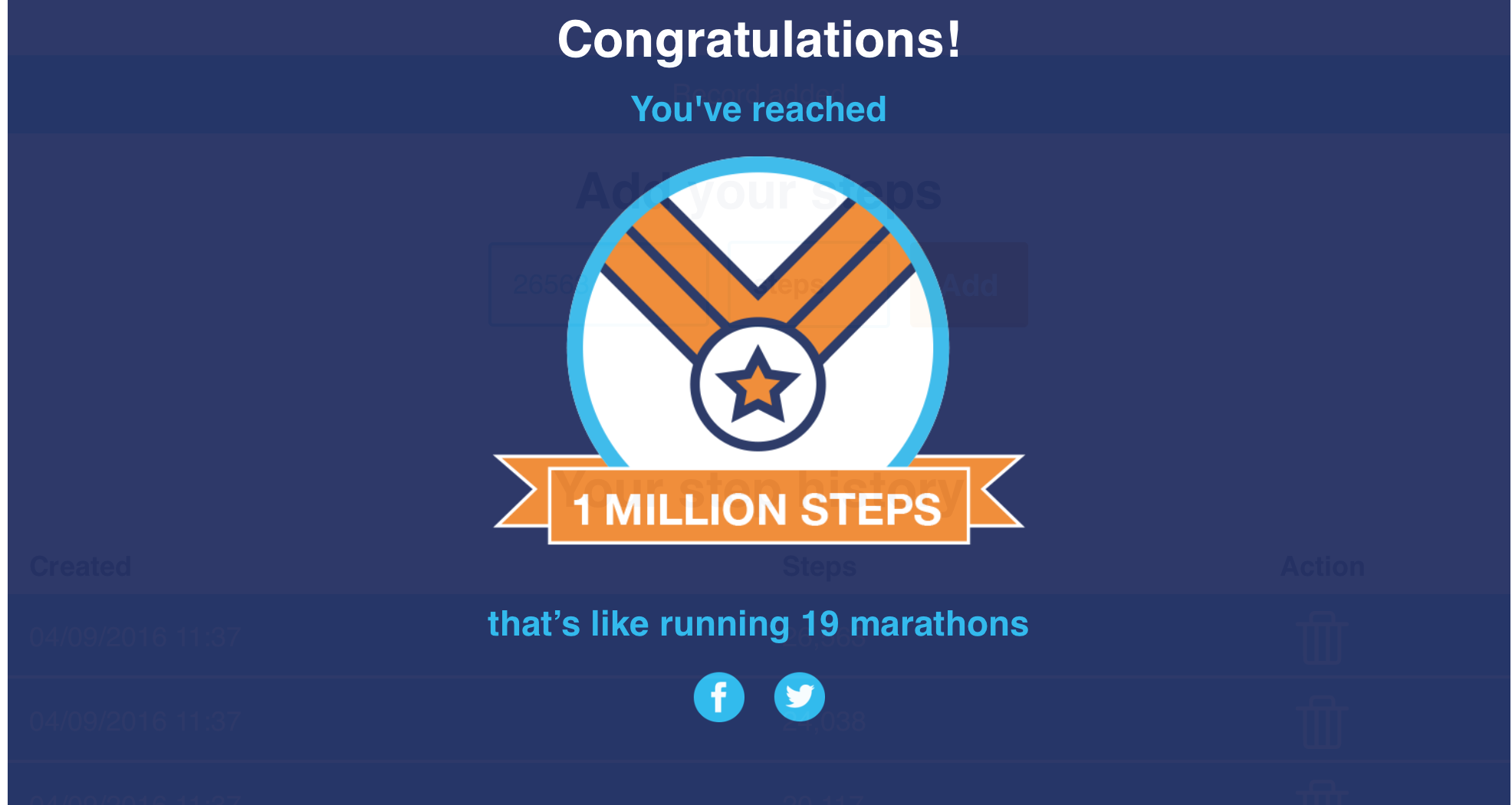Why I don't feel like a patient; Managing my Type 2 Diabetes
I was asked to write a blog about being a patient to accompany the National Institute for Health Research (NIHR) themed review of research on aspects of type 2 diabetes care. Titled "On the level; Evidence for action on Type 2 diabetes" it features details of published studies and ongoing research.
It might sound a strange thing to say, but when it comes to my Type 2 Diabetes (T2D), I don’t think of myself as a patient.
Over the years I have had a lot of what I consider to be ‘patient experiences’: visits to my GP, appointments with the practice nurse and I have spent more time than I like to think about sitting in hospital outpatient waiting rooms. On a few memorable occasions there have also been urgent visits to A&E.
I’ve had my fair share of all of these, but in the three years since my T2D diagnosis I have spent less than an hour in total with health care professionals talking about my condition.
During the same period I have spent more time thinking about my health than in the thirty years previously. My condition impinges on my life and thoughts at every turn. Very rarely does a couple of hours go by in which I don’t make a decision relevant to managing my diabetes.
Most of these are very small, but cumulatively they take up a great deal of my thinking. They include the following:
- Managing my food and appetite with a pre-planned, reduced carbohydrate and low glycaemic index diet
- Exercising regularly, balancing aerobic and strength work
- Avoiding periods of inactivity and making movement part of my working day, which would otherwise be very sedentary
- Balancing the stresses of my job and home life, and making sure that I get enough sleep
In order to manage my condition well, I need to balance the above factors, as they all play a large role in raising or lowering my blood glucose levels.
None of these decisions have - or could have been made by - my health care professionals, or even in conjunction with them. The nature of my annual consultations with my GP is such that they can’t cover anything more than a brief discussion about my medication and very general advice about my lifestyle.
Following my diagnosis, I have read widely about diabetes. Through online peer communities, such as the#gbdoc, I have learnt more about the practicalities of managing the condition. From community groups, such as parkrun, I have learnt about exercise, and I have received encouragement and advice through the likes of Team Blood Glucose. From Diabetes UK, I have learnt about what care and support is available, and got useful advice when I have been on the receiving end of discrimination.
I am very lucky to have stumbled into many of these communities, and remain deeply grateful to all of them as they have informed and supported my personal journey towards successful management of my T2D. Without them, my journey would have been a very different and far less positive one.
So when we think about the experience of someone with T2D, it is important to remember that the time we spend with healthcare professionals represents just a fraction of the total experience.
For the rest of the time, we are very much on our own, so equipping us with the knowledge, skills and motivation to manage our conditions is always key to successful outcomes.
For more information, download On the Level: Evidence for Action on Type 2 Diabetes.


